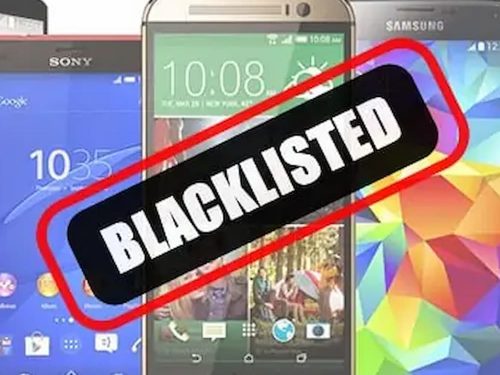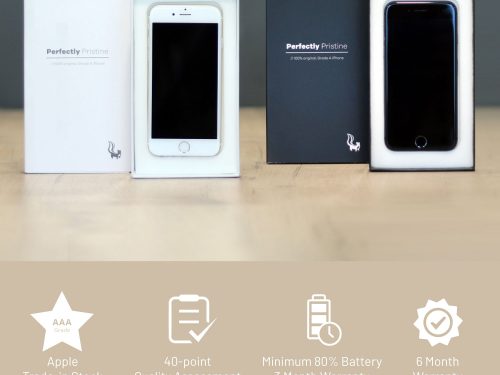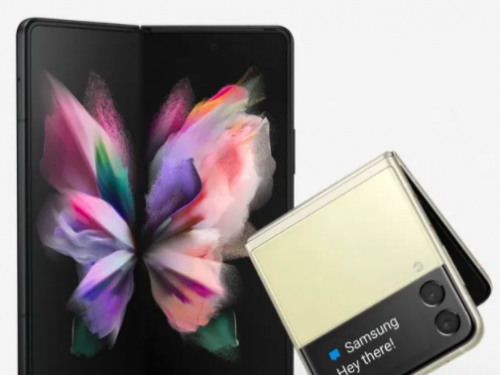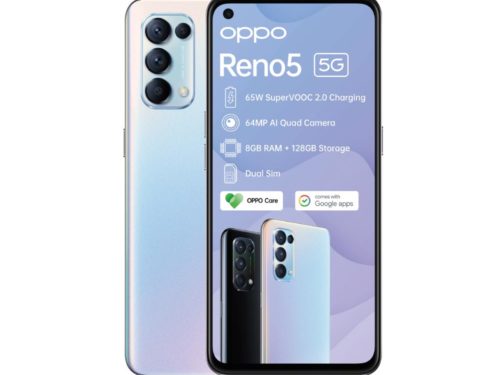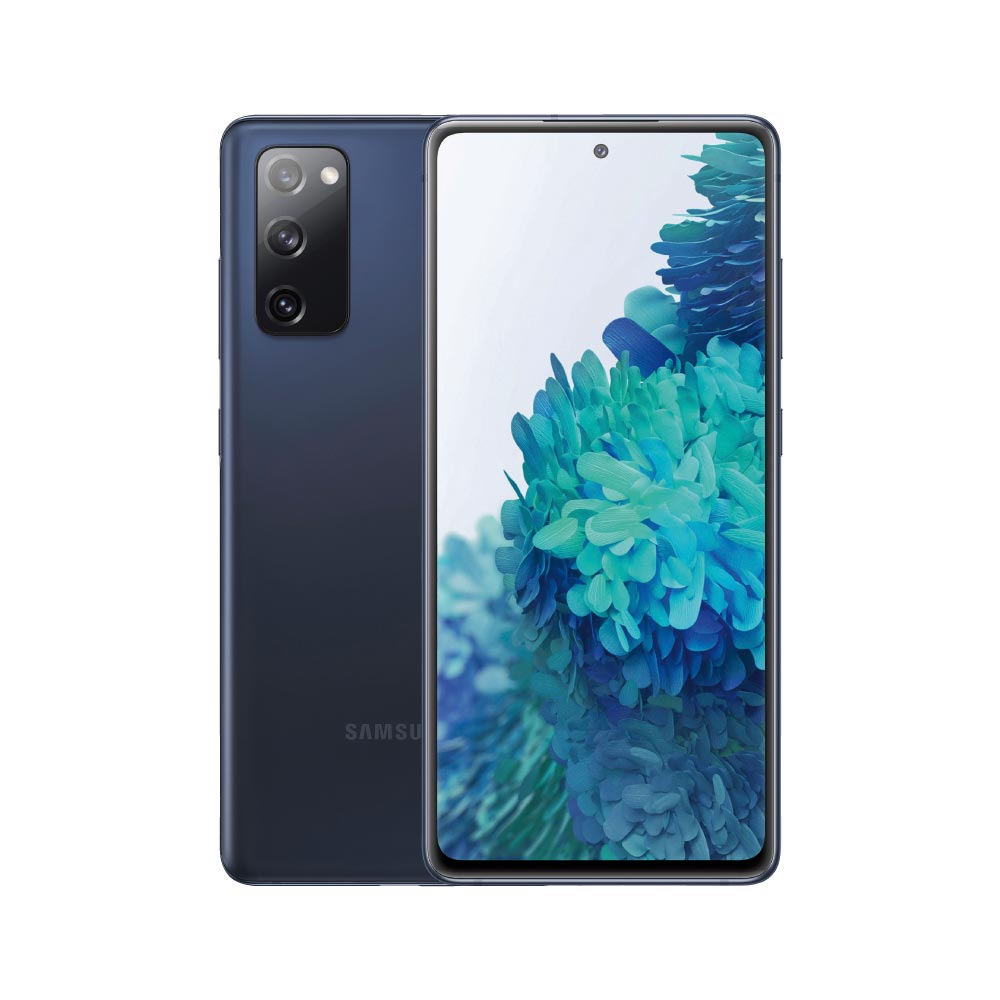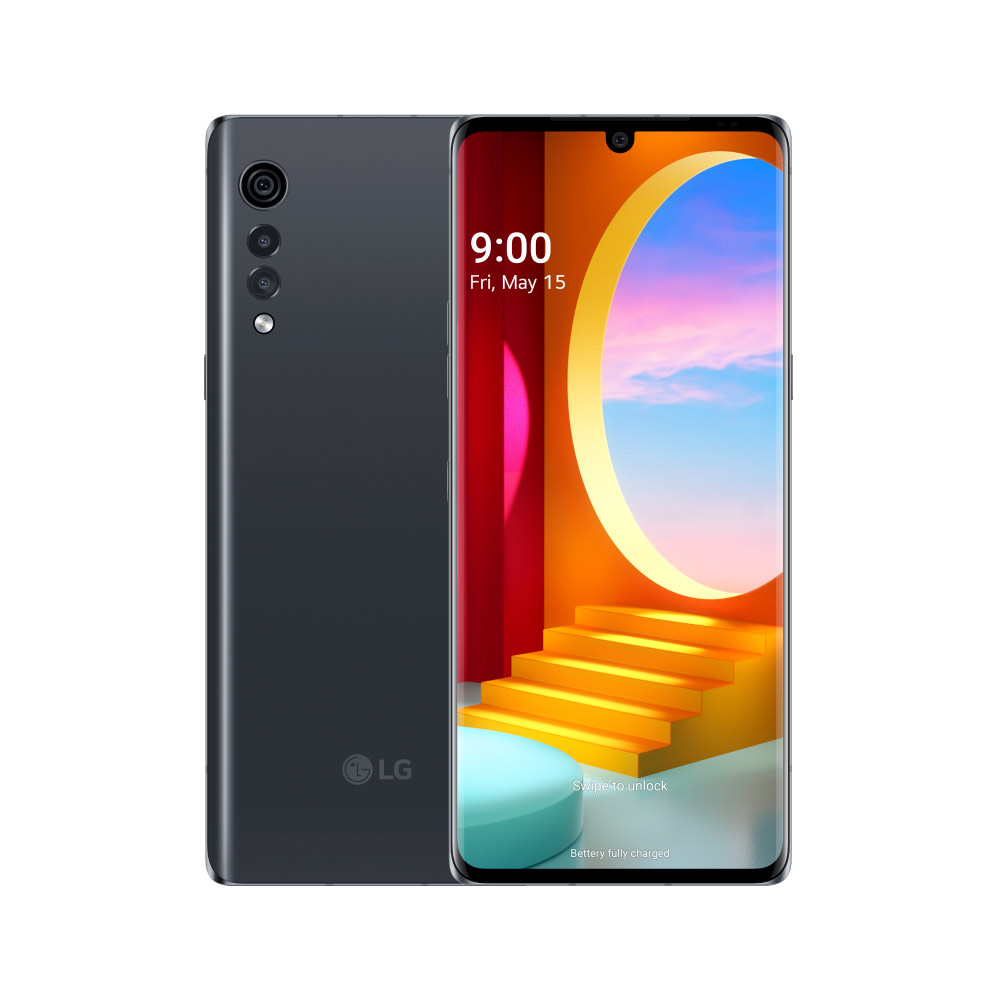WhatsApp is popular in South Africa, which has resulted in it gaining the attention of fraudsters and scammers.
Criminals try to take advantage of the platform’s popularity by looking to make a quick buck off unsuspecting victims.
Some of the biggest scams reported on the messaging platform in South Africa and around the world are described below.
WhatsApp users in South Africa should keep their eyes open for fraudsters who use these tricks.
A new scam doing the rounds in SA involves a scammer tricking you into believing he is someone on your contact list whose number has changed.
In reality, the scammer has gained access to a contact list which contains your number.
Once he believes he has you hooked, he tells you an SMS is being sent to your phone that contains a number – which you must forward to him so he can add you to his favourites.
This is a one-time PIN, which is meant to protect your accounts from fraudsters. Never send these PINs to anyone in a text message.
 WhatsApp malware link-sharing scam
WhatsApp malware link-sharing scam
Another scam doing the rounds promises discounts from popular restaurants or stores.
To redeem the offer, it asks you to share the promotion to 10 contacts – which appears in your chats as a “Look [link]”.
BT has warned that clicking the link will install malware on your device, which can be used to steal your identity or access your banking details.
 WhatsApp “Ultra-Light Wi-fi” scam
WhatsApp “Ultra-Light Wi-fi” scam
A variant of this scam doing the rounds, according to Hoax Slayer, promises a new WhatsApp feature – Ultra-Light Wi-fi – in return for sharing a link 10 times.
When you click on the link your are tricked into providing your personal information via a survey website. In some cases the website will infect your phone with malware.
WhatsApp subscription competition
A WhatsApp “competition” is doing the rounds, where users receive a message which links to a Facebook page.
Navigating to this page lets you spin a prize wheel, which promises a prize, such as a new smartphone. Spinning the wheel takes you to a new page, where to claim your prize you have to share your result 10 times.
Clicking the continue link after sharing your result takes you to a new page where you are told your prize has been reserved.
To claim the prize, you have to enter your cellphone number and click a “Yes, I want” button.
This takes you to a new screen which informs you an SMS will be sent to your phone, and you are instructed to reply “Yes” to this SMS.
Doing so opts you into a R7-per-day subscription service.
 WhatsApp subscription link-sharing scam
WhatsApp subscription link-sharing scam
Another con doing the rounds involves using the names and logos of well-known brands.
In the example below, you are promised a Spar shopping voucher in return for completing a survey and sharing it with 10 contacts.
According to reports, once you have completed the survey, you have been signed up for a R7-per-day SMS service.
This SMS campaign can cost WhatsApp users R210 per month, and involves users clicking on a link that initiates a daily deduction.
An SMS that reads: “You have not updated to the latest WhatsApp add-ons. Click here now [URL]. (Free MSG) 31655 optout dial 0110621424”, is sent to smartphone users.
Clicking on the link in the SMS takes users to a screen which asks them to “Update your wall 4 WhatsApp”.
The fine print below a green “Continue” button shows that the message is for a subscription to a social network called Buddiechat, which costs R7 per day.
A pop-up window posing as a WhatsApp update can infect a device with malware if clicked on.
Users are advised to only update the messaging app through official channels, such as your smartphone platform’s app store.
The pop-up asks users to download an update, or install a new version of WhatsApp while they are browsing the Internet .
The pop-ups are not linked to WhatsApp in any way and are created by malware pushers.
Wangiri fraud
WhatsApp Wangiri fraud is where local WhatsApp users are urged to call international numbers.
Wangiri is a type of phone fraud where the perpetrator dials random numbers and then hangs up after one ring. Victims call back, and are charged premium rates.
The WhatsApp-based version of Wangiri fraud sees local users receive a WhatsApp message with a contact attachment.
The number in the contact is different to the number the message originated from. Calling this number back could cost you a lot of money.
Source: MyBroadband.co.za




